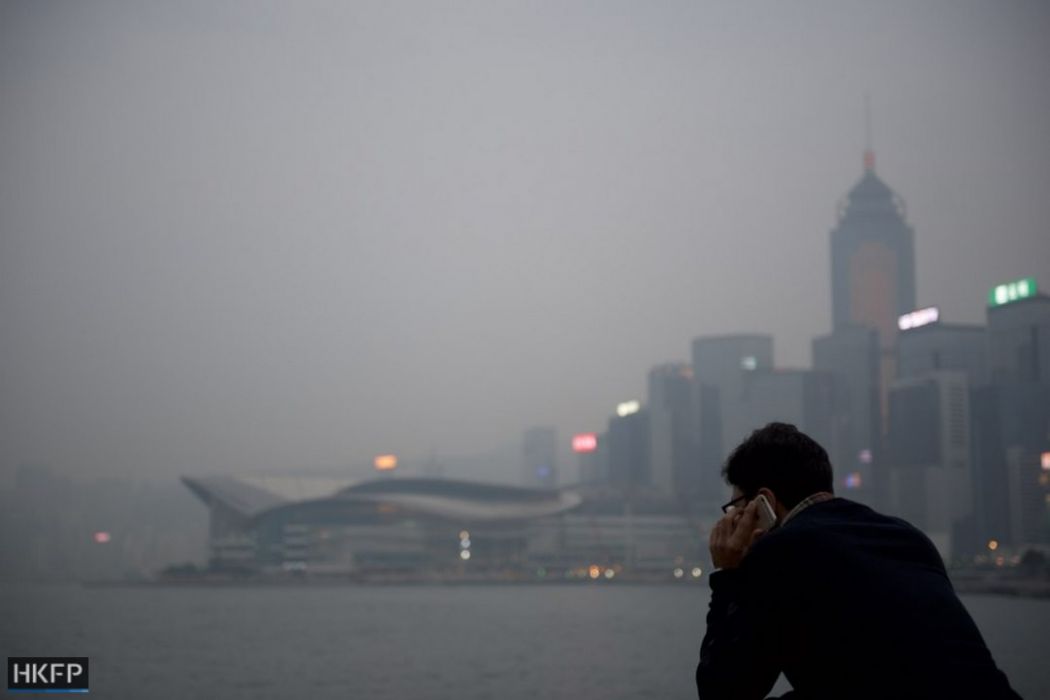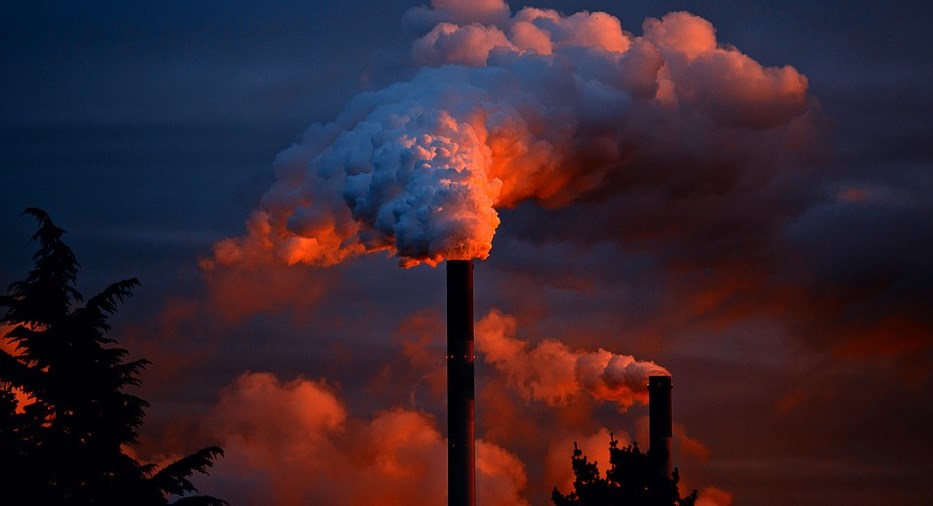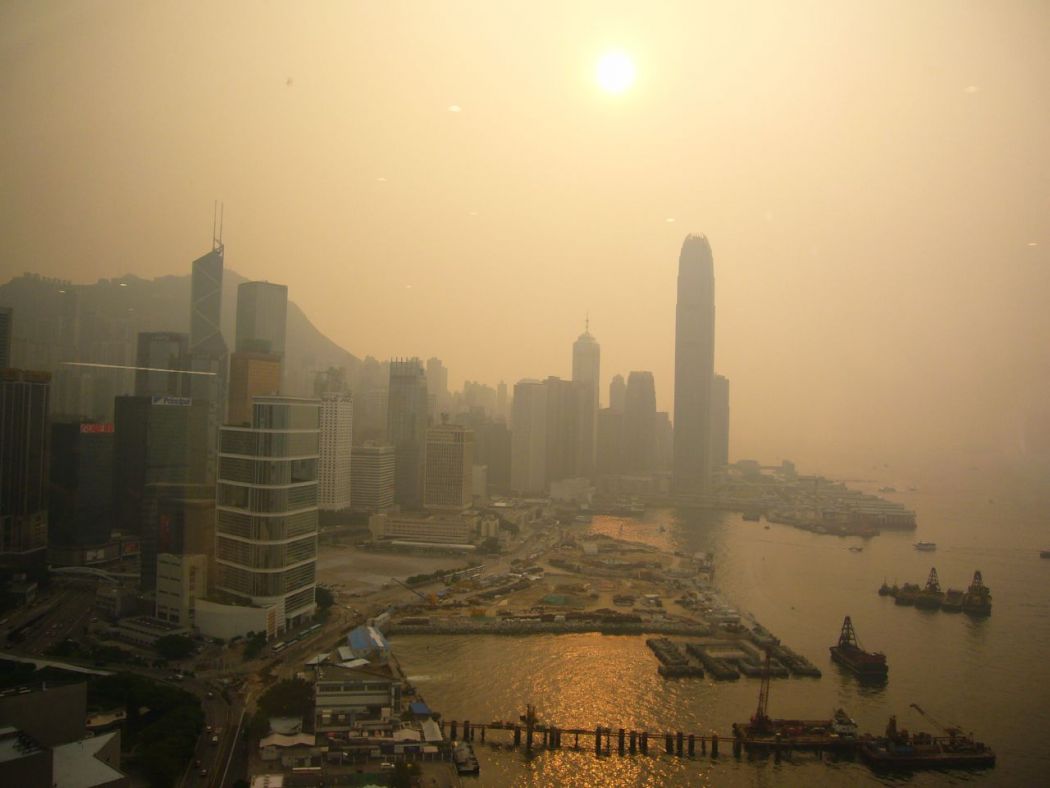I keep putting off writing about Global Warming. It’s too big a topic for a journalist. One feels like a pavement artist suddenly recruited to redecorate the ceiling of the Sistine Chapel.
My professional education included the notion that any story worth telling could be told in ten paragraphs. We might run to 12 for the Second Coming, but only if this happy event occurred in our circulation area.

Any young cub who ignored this rule through ignorance or over-indulgence would swiftly discover that his art had been severely pruned before printing by the sub-editors, who had a lot more hours in their logbooks than he did and consequently were not receptive to complaints about their work.
A journalist who reflects on his output soon realises that this insistence on brevity is both a blessing – it makes you concentrate – and a curse – some topics just do not lend themselves to the “news treatment”.
Now that our words are no longer committed to paper there is, in theory, no objection to the extra length. On the internet, you can rabbit forever. Unfortunately, the desire to reduce the damage inflicted on Scandinavian fir forests by the demand for newsprint has been replaced by apprehension about online readers’ ability to concentrate on any topic for more than five minutes.
As this piece contains no pictures of cats or naked ladies, it is doomed to the sort of minority status enjoyed by chamber music or the more exotic East European liqueurs. But duty calls.

It called, in fact, in the shape of a demonstration by Hong Kong school kids, coinciding with similar manifestations around the world, protesting that global warming was a threat to their future and adults were not doing enough about it.
I was, I must admit, glad to see that strikes in schools had been reinvented, having long ago participated in one myself (see cutting). There were only 40 of us, apparently. I remember we excluded Forms Five and Seven on the grounds that they were preparing for exams and left the Form Fours out as too young.
Despite the tiny numbers involved the event attracted a surprising amount of media attention. As a result, everyone who was not incurably shy got a media organisation to him or herself. Robin Marriner got the Daily Mirror; I got the BBC.
This leaves no particular problem for me in contemplating the idea that perhaps the protesting youngsters were right.

It has surely become impossible to doubt that global warming is taking place. We may feel that committees of scientists on fat UN salaries have a long history of wolf-crying. Can you name a food between Apple Pie and Zebra steaks which the WHO has not at some time condemned as hazardous to health?
Still, sometimes there is a real wolf. And the evidence has piled up. How many retreating glaciers, melting ice caps, dying coral reefs and record-breaking heat waves do we need before we concede that something is up. Like the global temperature.
And in view of our status as the biggest and busiest species on the planet, it is very difficult to avoid the blame. Anyone who still disputes that global warming is taking place and that our activities have a great deal to do with it is either very stupid or in the pay of the coal industry.
What that means for the future is, of course, a matter for speculation, as the future always is. A variety of predictions are offered.
Many of us, perhaps lulled by a succession of Hollywood movies in which threats ranging from wandering asteroids to The Beast From 20,000 Fathoms are seen off in two hours by a handsome young American scientist and his generously-bosomed girlfriend, may still nurture the hope that “something will turn up.”

The scientists who say that things have already passed some mysterious tipping point which will in due course see most of the world become uninhabitable may be pessimists. But sometimes the pessimists are right.
Also, if there is such a mysterious tipping point and we have not yet reached it, we are certainly still ploughing towards it. Biologists now doubt the legend that lemmings occasionally, in moments of mass hysteria, fling themselves off Norwegian cliffs. But human beings have a long record of self-destructive behaviour.
The most drastic predictions are not necessarily the most likely. But when the possible outcomes include an uninhabitable planet it behoves us to take the matter seriously. As Yuval Harari said in a rather different context, those who are not spooked by this question probably haven’t given it enough thought.
This brings us to the second matter, which is, given that global warming is taking place and represents a serious threat to future generations, are our leaders doing enough about it?
I say this is a matter for our leaders because this seems so clearly to be an issue which demands collective action.

The students’ protest unleashed a flood of helpful suggestions from various quarters of “things you can do to help instead of protesting.” We are all urged to stop using straws, recycle bottles, eat less meat, take the stairs instead of the lift, take our own cutlery to school and so on and on.
Many of these things are good things to do. But as a way of dealing with global warming, this sort of advice looks like the captain of the Titanic giving all the passengers a cup each and telling them to start baling if the ship hits anything.
Those who hog the steering wheel have the responsibility to avoid collisions. So how are our leaders doing? Well never mind the global circus. How are our local leaders doing?
Not so good. Taxed with neglecting environmental matters, that speaker for all seasons. A spokesman said that the last budget included subsidies for the provision of electric charging points, which would encourage people to switch to electric cars.
This does not look like an environmental measure at all. It looks like another example of our government suffering from the delusion that it is up to them to foster the uptake of the latest gadget, however irrelevant and unwanted it may be. Remember digital radio?

The fact is that an electric car is not a solution to pollution. It merely transfers the pollution from on the street to the nearest power station. If most of your power comes from dams or windmills then electric cars do not pollute. If most of it comes from coal-fired power stations, as ours does, then I have some bad news for you.
Scientists at the University of Michigan’s Transportation Research Institute calculated the CO2 emissions from plug-in electrics, depending on the energy sources used to generate electricity in various countries, and then translated that into miles per gallon.
They found that an electric car recharged by a coal-fired plant produces as much CO2 as a gasoline-powered car that gets 29 miles per gallon.
And that, as a contribution to reducing pollution, is pathetic. Any prudent Prius driver can get 50 miles from a gallon and the tuning of an engine to charge a battery rather than push a car allows a considerable reduction in the other pollutants emitted.
Actually, most of us will never buy an electric car because it would be foolish to do this if you depended on finding a public charging point when it wants to be fed. You want to be able to charge it at home. So you will only buy one if you own, or at least have the exclusive use of, a parking space. Government money spent on this is a subsidy for millionaires.

The government will no doubt say that the removal of some pollutants from the immediate environment is an improvement. You can walk down the street without being gassed even if our power stations are still poisoning the planet.
Not so. The smallest pollution particles are the most dangerous. They do not come from the exhaust pipe. They come from the brake pads and tyres, which are the same on electric cars as on petrol ones.
Actually, from both a global and local perspective the responsible thing to do would be to discourage car use altogether, as some European cities are now doing. But our legislators, supine sycophants when invited to trash some cherished civil right which offends Beijing, find a streak of stubborn resistance when it comes to any official proposal which might make motoring more expensive.
So we cannot expect anything from there.
I conclude that the students are quite right. Rome is burning and the emperor is fiddling. They will pay the price. But our leaders, it has become obvious over recent years, do not care what young Hongkongers think.
